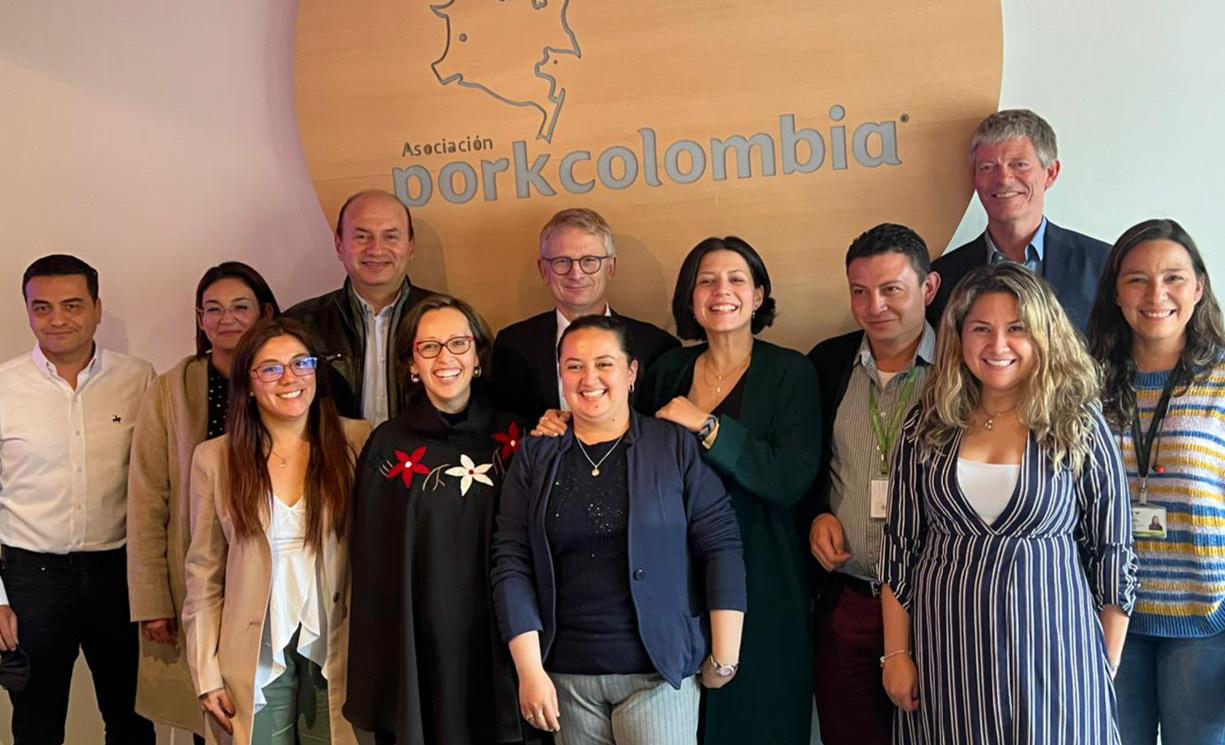
1 minute read
CROSS-PILLAR CASE STUDY 2
by ICARS
Tackling Amr In The Swine Industry In Colombia
In 2022, ICARS reached an exciting milestone, the conclusion of our first project which used qualitative and quantitative research methodologies to understand the barriers and enablers for pig producers to access and utilise a subsidised diagnostic network. The project, co-funded by the UK Department of Health and Social Care as part of the Global AMR Innovation Fund (GAMRIF), generated key findings to support policy development, improve implementation practices, provide evidence on cost-benefits for the diagnostics network, enhance the diagnostic network and improve access to quality diagnostic services for the pig farmers.
Advertisement
Since ending, the project has already influenced the development of national guidelines and the team continues to plan for dissemination and uptake of findings. As a result, a series of cross-project coordination meetings have been set up with the other two complimentary ICARS projects still in implementation in Colombia. This horizontal knowledge exchange is intended to optimize impact through lesson-sharing and joining up networks of researchers and stakeholders working to reduce AMR in the swine industry.
One of the complementary projects, launched in April 2022 with co-funding from ICARS via the Joint Programming Initiative on AMR (JPIAMR), builds upon the established notion that stress is a major driver for pig disease, which in turn contributes to AMU and therefore AMR spread within farms. The project aims to test the effect of limiting the common practice of mixing and re-mixing pigs from different litters and administering antibiotics across diseased and healthy pigs to reduce stress in piglets. Since kick-off the team have been preparing all scientific and administrative requirements to start data collection during the second quarter of 2023.
Another Colombian swine project aims to reduce piglet diarrhoea and antimicrobial use in piglets by improving management practices, providing colostrum, and implementing routine vaccination schemes. In 2022, the project has refined the intervention protocol and selected intervention farms, collected baseline production and socio-economic data on farms, and sampled diarrhoea piglets for the identification of pathogens of digestive diseases on farms.



